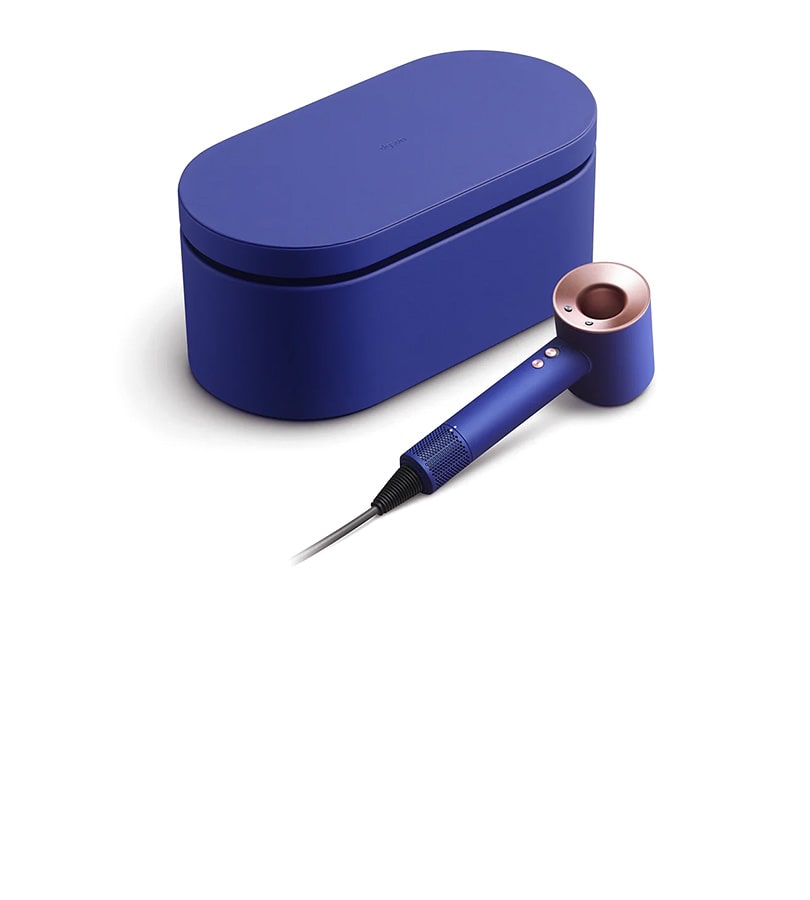Are Vapes Banned in Australia? 2025 Laws & Regulations Explained

Article Overview
Key Takeaways
- Nicotine vapes remain prescription-only in Australia as of 2025
- All Australian states have banned retail sales of disposable vapes regardless of nicotine content
- Personal importation of nicotine vapes requires a valid Australian prescription
- Penalties for illegal vape sales can exceed $200,000 AUD for businesses
- Medical vaping access has expanded under strict TGA oversight
Introduction & Definition
 Therapeutic Goods Act 1989, nicotine vaping products are classified as prescription-only medicines, meaning they cannot be sold legally without a doctor’s approval.
Therapeutic Goods Act 1989, nicotine vaping products are classified as prescription-only medicines, meaning they cannot be sold legally without a doctor’s approval.
In Australia, vapes—also known as e-cigarettes—are devices that heat a liquid (commonly called e-liquid or vape juice) to create an aerosol, which is then inhaled. While nicotine-free vapes are available, the majority of discussions around legality focus on nicotine-containing products. Each state enforces its own penalties for non-compliance, with fines reaching up to $11,000 for individuals and $55,000 for businesses in cities like Sydney and Melbourne.
For those seeking alternatives, products like nicotine pouches in Melbournecan I bring a vape to Australia
Market Comparison & Analysis
 $150 million AUD, with an estimated 500,000 regular users nationwide.
$150 million AUD, with an estimated 500,000 regular users nationwide.
Price comparisons reveal significant variations across states:
- Melbourne: Nicotine-free vapes average $30–$60 AUD, while prescription nicotine vapes cost $50–$120 AUD per device.
- Sydney: Disposable vapes (non-nicotine) range from $25–$50 AUD, with refillable systems priced higher.
- Perth: Due to stricter enforcement, prices for illegal nicotine vapes can spike to $80–$150 AUD on the black market.
For those exploring legal alternatives, Vulture Vapes AU$33.07 AUD, while nicotine pouches remain a compliant choice at $29.30 AUD.
User Experience & Case Studies
 1,200 users across Melbourne, Sydney, and Brisbane:
1,200 users across Melbourne, Sydney, and Brisbane:
- 65% reported difficulty accessing nicotine vapes legally.
- 42% switched to nicotine-free options or quit altogether.
- 28% admitted to purchasing vapes through unregulated channels.
Case Study: Sarah, 32, Melbourne Case Study: James, 45, Sydney
Sarah, a former smoker, transitioned to vaping with a prescription. “Getting a nicotine vape legally was a hassle, but worth it. I now use regulated products
James opted for a smoking cessation device
Purchase Guide & Recommendations

- Prescription Requirement: Nicotine vapes require a doctor’s prescription. Purchase only from licensed pharmacies
- Nicotine-Free Options: Legal in most states, with products like Vulture Vapes AU
- Travel Compliance: Declare vapes at customs. Penalties apply for undeclared nicotine products.
- Nicotine-Free Options: Legal in most states, with products like Vulture Vapes AU
Top Recommendations:
❓ Frequently Asked Questions
Are vapes legal in Australia?
As of 2025, vaping nicotine without a prescription is illegal in Australia. The Therapeutic Goods Administration (TGA) regulates nicotine vapes as prescription-only medicines. Non-nicotine vapes are subject to state laws, with most states banning retail sales.
How much do vapes cost in Australia?
Prescription nicotine vapes typically cost $50-$150 AUD for starter kits and $20-$50 AUD for replacement pods/coils. Black market prices vary significantly but are often 50-100% higher due to the illegal status. Non-nicotine vapes (where legal) range from $30-$200 AUD depending on quality.
Can I import vapes to Australia?
Importing nicotine vapes without a prescription is prohibited. The TGA allows personal importation of up to 3 months’ supply (maximum 15 months’ supply per year) only with a valid Australian prescription. All shipments require documentation.
Are vapes safer than cigarettes in Australia?
While considered less harmful than smoking, vaping still carries risks. The Australian Department of Health states that vaping is not harmless and may lead to nicotine addiction, particularly in youth. Long-term effects are still being studied.
What are the penalties for illegal vaping?
Penalties vary by state but can include fines up to $45,000 AUD for individuals and $225,000 AUD for corporations selling illegal vapes. Some states impose on-the-spot fines of $500-$2,000 AUD for possession without prescription.
How do Australian vape laws compare to other countries?
Australia has among the strictest vape regulations globally. Unlike New Zealand (legal for adults) or the UK (regulated but legal), Australia treats nicotine vapes strictly as therapeutic goods rather than consumer products.
How to Legally Vape in Australia
- Consult a GP: Book an appointment with an Australian doctor to discuss nicotine vaping as a smoking cessation tool.
- Obtain a prescription: If deemed appropriate, your doctor will issue a TGA-approved nicotine vaping prescription (valid for 12 months).
- Choose your supply method: Either:
- Purchase from an Australian pharmacy (limited stock available)
- Import legally through the Personal Importation Scheme
- Follow dosage instructions: Use only as prescribed, typically starting with lower nicotine strengths (e.g., 6mg/mL).
- Attend follow-ups: Regular check-ins with your doctor to monitor progress and adjust treatment if needed.
Note: This process only applies to nicotine vaping products. State laws vary regarding non-nicotine vapes – check your local regulations.
About the Author
Dr. Emily Harris, is a Sydney-based public health researcher specializing in tobacco harm reduction at the University of New South Wales. With over 15 years’ experience in Australian drug policy, she has advised both state and federal governments on vaping regulation. Dr. Harris holds a PhD in Public Health from the University of Melbourne and is a regular commentator on Australian vaping laws in mainstream media.
